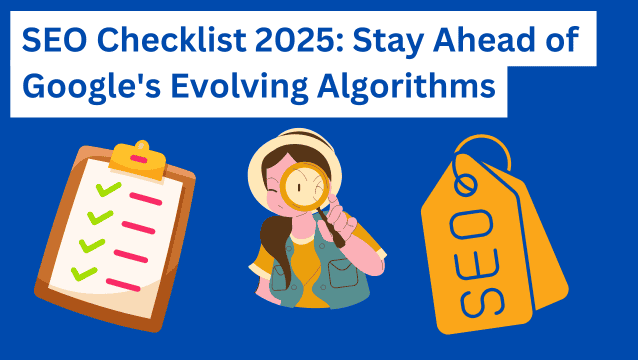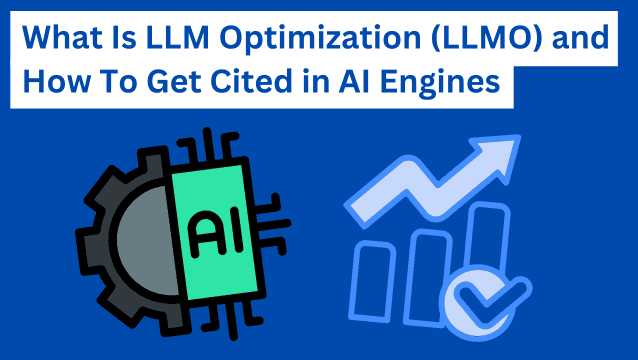Welcome to another news roundup, where you’ll find last week’s hottest SEO topics and learn what Google’s been getting up to.
In this week’s recap, we`ll review Google’s confirmation that publishers can’t block content from Google Discovery, why the next Google core update is imminent, that the Google Merchant Center rollout is complete, why Google doesn’t care how you use heading listings, learn that county codes domains receive a ranking boost, and why billions of Google redirects will soon stop working.
SEO News (Week in-Review)
Google Confirms Publishers Can’t Block Content From Appearing on Google Discover
Google’s Search Liaison admitted Google’s crawling limitations when answering questions about why publishers can’t stop content that’s great for SEO but forbidden by Google guidelines from appearing on Google Discovery.
Hinting that in the future, Google might give publishers more control.
Key takeaways:
- Google Search Liaison says blocking content from appearing on Google Discovery is impossible.
- You can stop Google from indexing content on Google News.
- Google was unaware of the issue until now and admitted an option to block content from discovery would be helpful.
Google Hints At Core Update Coming Soon
Hold on to your hats; a Google Core update is coming!
During an interview between Brandon Saltalamacchia (founder of Retro Dodo) and Danny Sullivan, Google Public Search Liaison, Danny hinted that the next core update is only weeks away.
Sullivan admitted he didn’t know when and explained how Google’s updating system works.
However, another one seems imminent when we review the past core update timelines.
Key takeaways:
Google Search Liaison said:
- Sullivan said: “We’d tell you when the next core update will be if we knew. But we don’t know exactly yet, that’s all.”
- Adding: “The ranking team makes changes, tests those, evaluates those, and eventually we get a launch date.”
- “I would expect we’ll see one in the coming weeks because that fits in with our general cycle.” “But precisely when that’s just not known yet,” Sullivan confirmed.
Google’s ‘Merchant Center Next,’ Now in Play
Google announced the completion of its revamped Merchant Center Next tool update, enabling sellers to upload and manage their product data on Google Search, Maps, YouTube, and more.
While Google says the improved interface makes it easier for sellers to upload their product information, not all are convinced, and many report issues.
Key takeaways:
- The global rollout of Merchant Center Next is now complete.
- The updated version applies to all existing original Merchant Center accounts.
- The revamped version simplifies uploading product information by automating the manual product feed process.
- Google says, “The features of Merchant Center that larger retailers know and love won’t be going anywhere either.”
- Sellers using Merchant Center Next are reporting problems with the new interface.
Google Confirms No Magical Heading Order For SEO
Google Search Team analyst Gary Illyes answers questions about using heading elements in semantic order (e.g., H1, H2, H3).
Illyes reply contradicts what many of us believed, saying Google doesn’t care about heading element order.
Gary also tells us how often Google updates its SEO Starter Guide to ensure it remains relevant.
Key takeaways:
- Google doesn’t care about using heading elements in semantic order.
- Just because an SEO tool says something is good or bad doesn’t mean it applies to Google.
- Screen readers need heading elements in semantic order, but it doesn’t matter for Google Search.
- Despite what many SEO tools say, Google’s SEO Starter Guide is not out-of-date.
From Around The Web
Google Confirms Ranking Boost For Country Code Domains
Over at Search Engine Journal, Roger Montii covers a recent July SEO Office Hours podcast, in which Google’s Gary Illyes confirms Google gives preference to sites using country-level domains.
Gary Illyes said that using a ccTLD and the local language on your webpage helps you rank better for that regional version of Google.
Key takeaways:
- Country Code Top-Level Domain names don’t target specific languages; they target people searching in a particular country.
- Google treats some ccTop-Level Domains for ranking purposes.
- Generally speaking, local domain names perform better in search results because Google promotes content that is local to the user’s region.
- Google said, “That’s not to say that a .com domain can’t do well; it can, but generally, a ccTLD has a little more benefit, albeit not too much. “
Billions of Google redirects to stop working next year
Barry Schwartz, a Contributing Editor to Search Engine Land, reports on Google’s announcement that as of August 25, 2025, Google will no longer serve the Google URL Shortener.
From that date, links using the goo.gl Shortener will not 404 or redirect to the intended URL destination.
Key takeaways:
- Google’s URL shortener service will stop serving on August 25, 2025.
- Billions of redirected URLs will no longer work after that date.
- From August 23, 2024, users clicking the URL Shortener links will get a Google interstitial notice.
- From August 25, 2025, the interstitial notice will disappear, and a 404 not found error will show.


